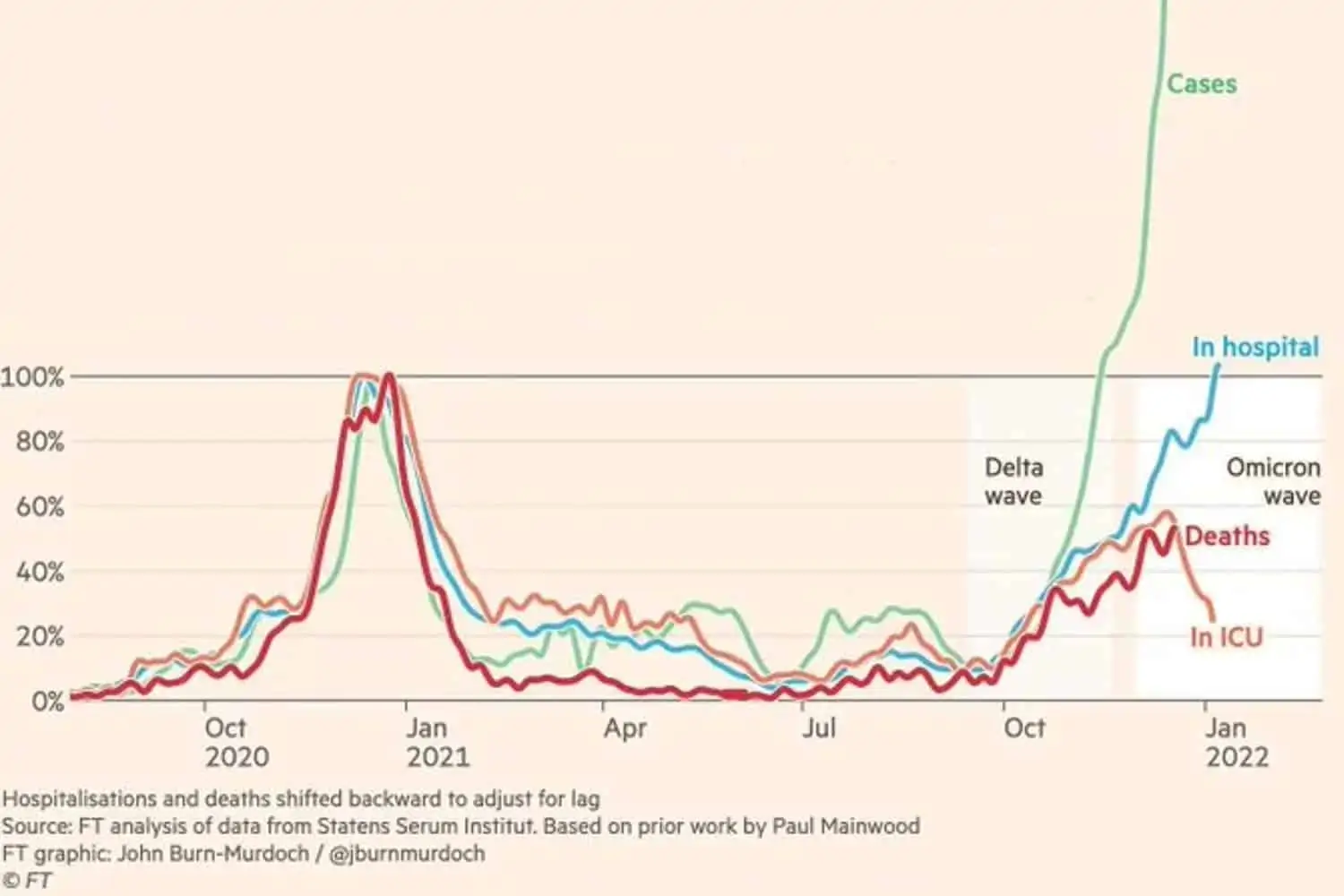On the 26th of January, the Danish Prime Minister, Mette Frederiksen, announced that on the 1st of February most covid-19 restrictions would be lifted within Denmark. Allowing the country to return to “‘to life as we knew it before corona”.
Restrictions to be Lifted
First off, it is no longer mandatory to wear facemasks. Secondly, places of gathering, such as restaurants, bars, and night clubs may reopen with unlimited hours. Plus, they will not be required to limit the number of guests.
Although, for a further four weeks, there will still be some requirements to enter Denmark. Such as mandatory testing and/or quarantine requirements. But this will depend on the country of origin as well as the vaccination status of the travellers.
Danish Covid Statistics
Denmark will be the first country part of the European Union to lift restrictions to such a degree. This is despite their current record numbers of cases.
As it stands, Denmark reports between 40,000 and 50,000 new Covid cases per day. However, the country expects to reach its peak soon. And the Danish vaccination numbers are at least a month ahead of schedule. More than 80% have had at least two doses of the vaccine. And 60% of the population has already received the third dose. Between this and those who have recently had Covid, the Danish health authorities estimate that 80% of Danes are protected against severe forms of Covid-19.
Prime Minister Frederiksen says “Recent weeks have seen very high infection rates, in fact the highest in the entire pandemic… Therefore, it may seem strange and paradoxical that we are now ready to let go of the restrictions.” Although Health Minister Magnus Heunicke explains, “We have a good control of the hospitalisation rates, thanks to the combination of the 3.5 million Danes now revaccinated and the less severe nature of Omicron”. He also adds “The situation in Denmark is that we have this decoupling between infections and intensive care patients, and it is mainly due to the large attachment among Danes to revaccination. That is the reason why it is safe and the right thing to do now.”
Epidemiologist Lone Simonsen of the University of Roskilde also states that “With Omicron not being a severe disease for the vaccinated, we believe it is reasonable to lift restrictions”.
Plus, the broad spread of the Omicron variant should lead to improved immunity. Allowing Denmark to better combat any future waves.
Conclusion
After initially attempting to minimise the regulations in September and November last year, Denmark will be doing away with most covid-19 restrictions as of the 1st of February. Relying on its high vaccination rate, as well as its good medical setup to help the country cope with a possible increase in infections. What’s more, is that Omicron has proven to be a lot less severe than previous versions, especially for the vaccinated.
And so far, the Danish people seem to be in support of their government’s decision. A poll published by the Danish newspaper, Politiken, on Monday, stated that of the Danes in the survey, 64% were in favour of the Danish Covid Policy.
Danish Prime Minister Mette Frederiksen has said “We can start lowering our shoulders and start finding the right smile again”.
